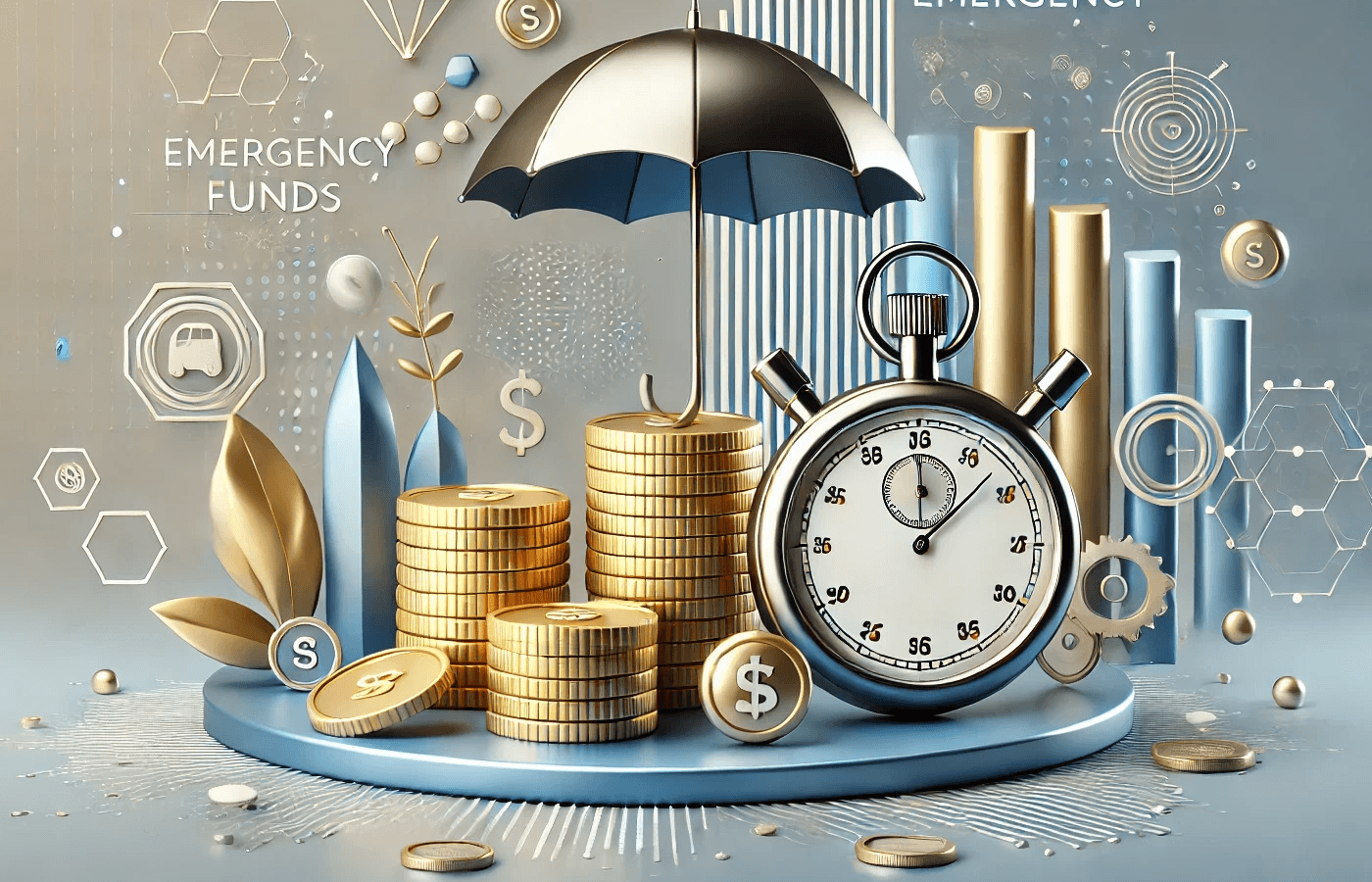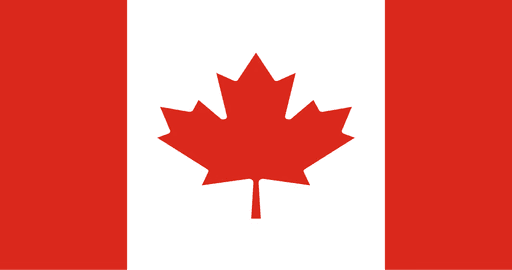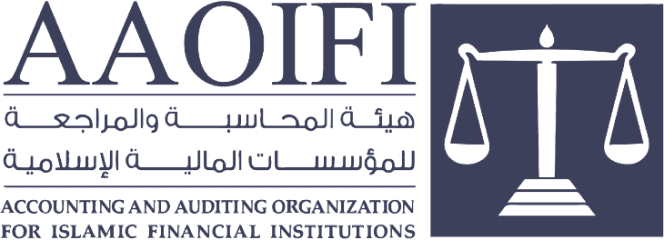Tags:
savings, emergency, financial planning

Emergency Funds: How much should I have? What’s the point?
Life is unpredictable. Only Allah knows what’s to come for you. On your end, you should do what is in your power to be prepared for any unexpected turns life may throw at you. Everything can turn into a financial emergency. You might get sick, laid off, or need to pay for repairs to your home, or your car. Your pet might get sick, or even your parents. In any case, it’s important to have an emergency fund for those darker days.
An emergency fund is a money that you can access easily if things in your life go wrong. You should be able to transfer that money out of an account at any time, or walk into a bank and pull it out in cash.
Starting an emergency fund should happen… yesterday. If you’ve already delayed this, then you’re behind and you should make every effort to get it going ASAP. Before starting any emergency funds, you should pay off any large credit card debts so that you don’t end up getting hit with those large interest rates.
You can start a fund with as little or as much money as you have. You could use your tax return to get started or perhaps that bonus you’ve been waiting for. If you don’t have a large sum of money coming your way, consider starting by setting up auto transfers from your chequing account to your savings. This should help you get things started and will be easier to manage that way. Think about those $3 drinks you buy from the vending machine at the subway station or those lovely sugary coffees that cost an arm and a leg. Cut those out and you’ll find yourself with $150-$200 a month of extra money to add to the pile.
Wondering how much you need in an emergency fund? The standard is about 3 to 6 months of your household income. Lately, 8 to 12 months sounds like a better idea considering the economic realities. The big expenses you should consider are home, heating, food, clothing, and transportation.
As we mentioned, these funds must be liquid. You should be able to access them as soon as an emergency arises. It’s a good idea to put your emergency fund in regular savings account that you can pull money out from without a waiting period and penalties.
Inshā Allah, you found these tips helpful and can apply them in your daily life. Even if things may seem under control today, you truly never know what tomorrow will bring, so it’s better to be prepared for a storm before it comes than to panic when it happens.



